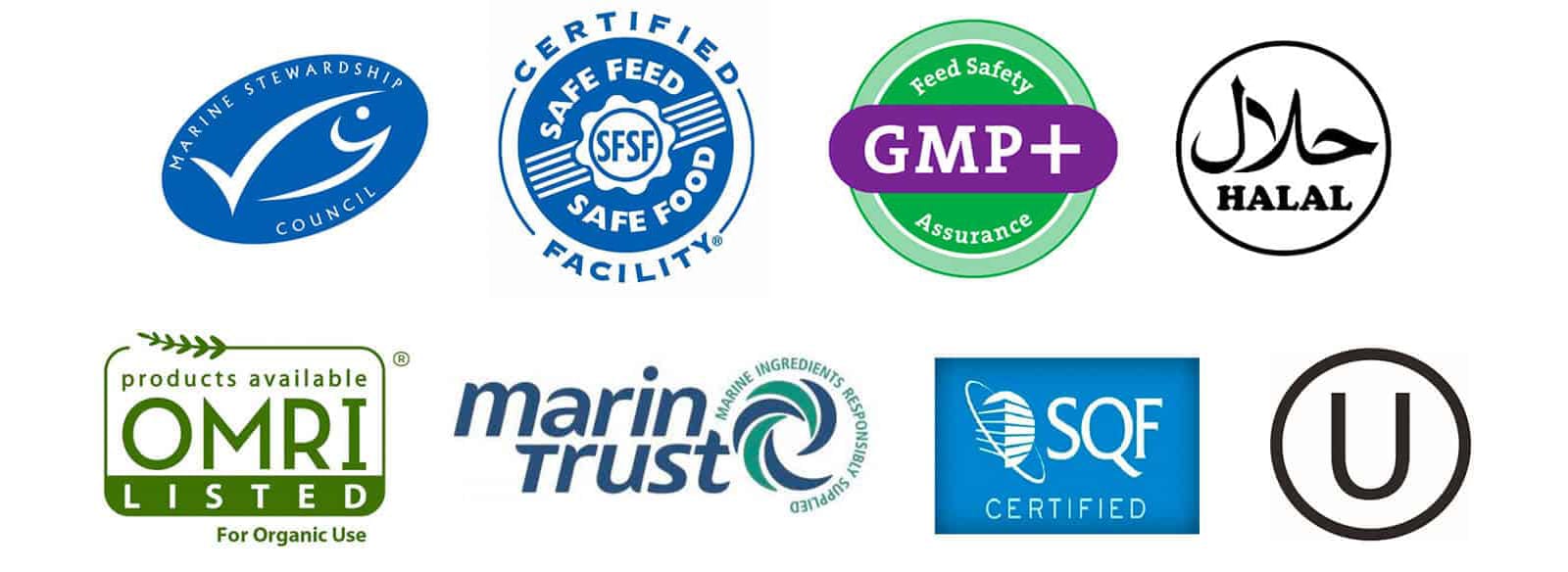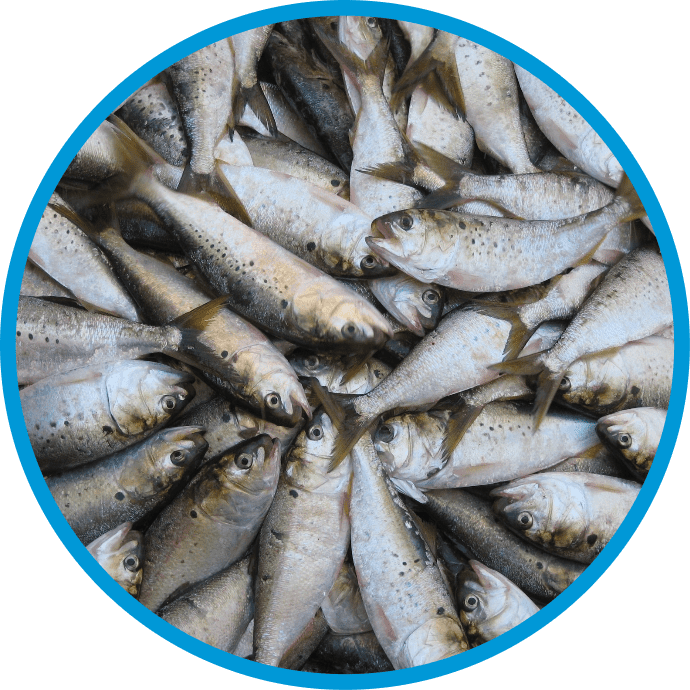Menhaden
The Source
Menhaden / Gulf & Atlantic Stocks
Gulf and Atlantic Menhaden are small oily-fleshed fish, bright silver in color, and characterized by a large main, Humeral Spot followed by a series of smaller spots. Menhaden are flat, have soft flesh, and a deeply forked tail with maximum length of 15 inches and a varied weight range.
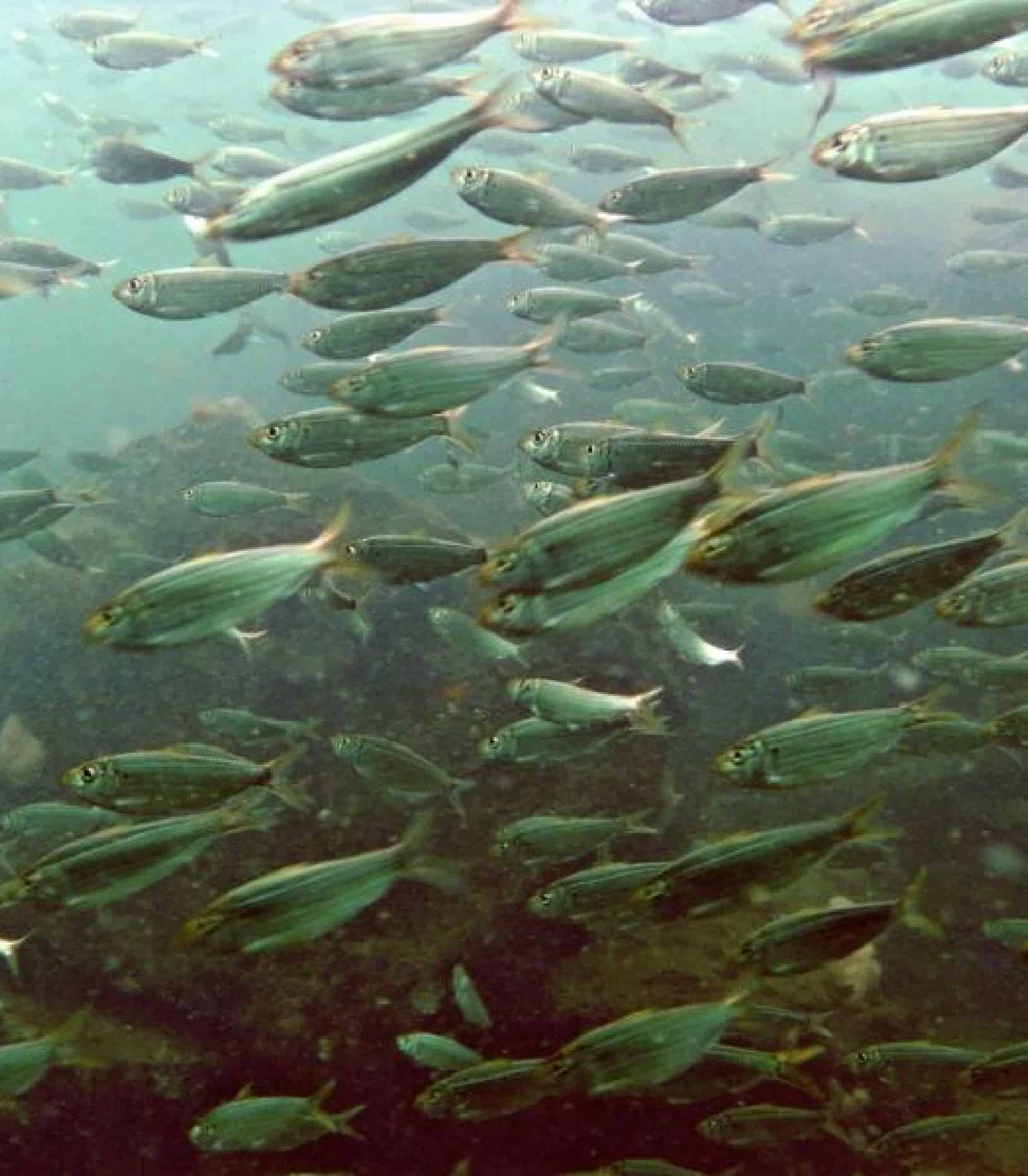
Menhaden is considered an important species of the marine ecosystem due to its productivity. An adult Menhaden can release more than 350,000 eggs in a single year. These older, larger fish contribute a disproportionately large amount of eggs during the peak spawn. This allows sufficient egg production to contribute to the next generation of Menhaden.
Responsibility
America’s Menhaden resource has substantial ecological importance. Populations are monitored closely and subject to regular stringent stock assessments, conducted by state, federal, and academic scientists. For over 60 years, Omega Protein has cooperated with these organizations to conduct important research on Atlantic and Gulf menhaden such as providing daily harvest amounts and locations to the National Marine Fisheries Service to be used in important analyses.
Ongoing monitoring and sampling programs by the National Marine Fisheries Service, the Atlantic States Marine Fisheries Commission and the Gulf States Marine Fisheries Commission contribute to careful management of both the Gulf Coast and Atlantic Coast menhaden populations, and indicate the present levels are able to sustain themselves.
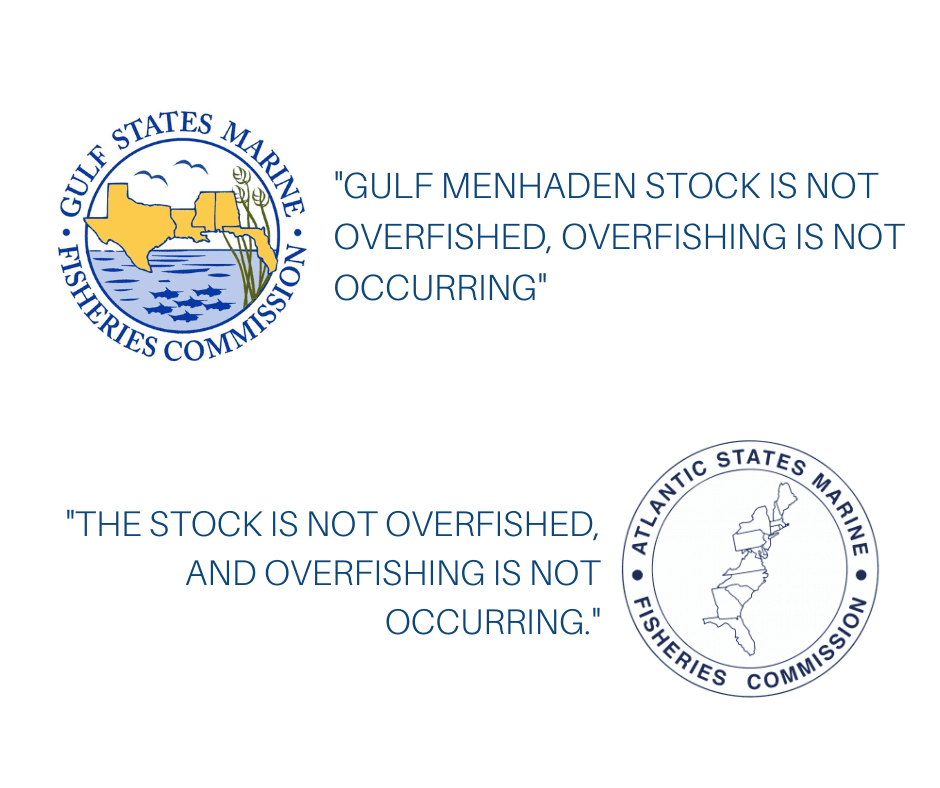
Harvesting
The menhaden fishery is the oldest continuous commercial fishery is the United States, dating as far back as the late 1700’s on the Atlantic coast when pilgrims used menhaden as fertilizer for their crops. Our fishing partner at Ocean Harvesters is committed to fishing in a responsible manner; equally respecting the environment in which we operate and the health of the menhaden population that we harvest.
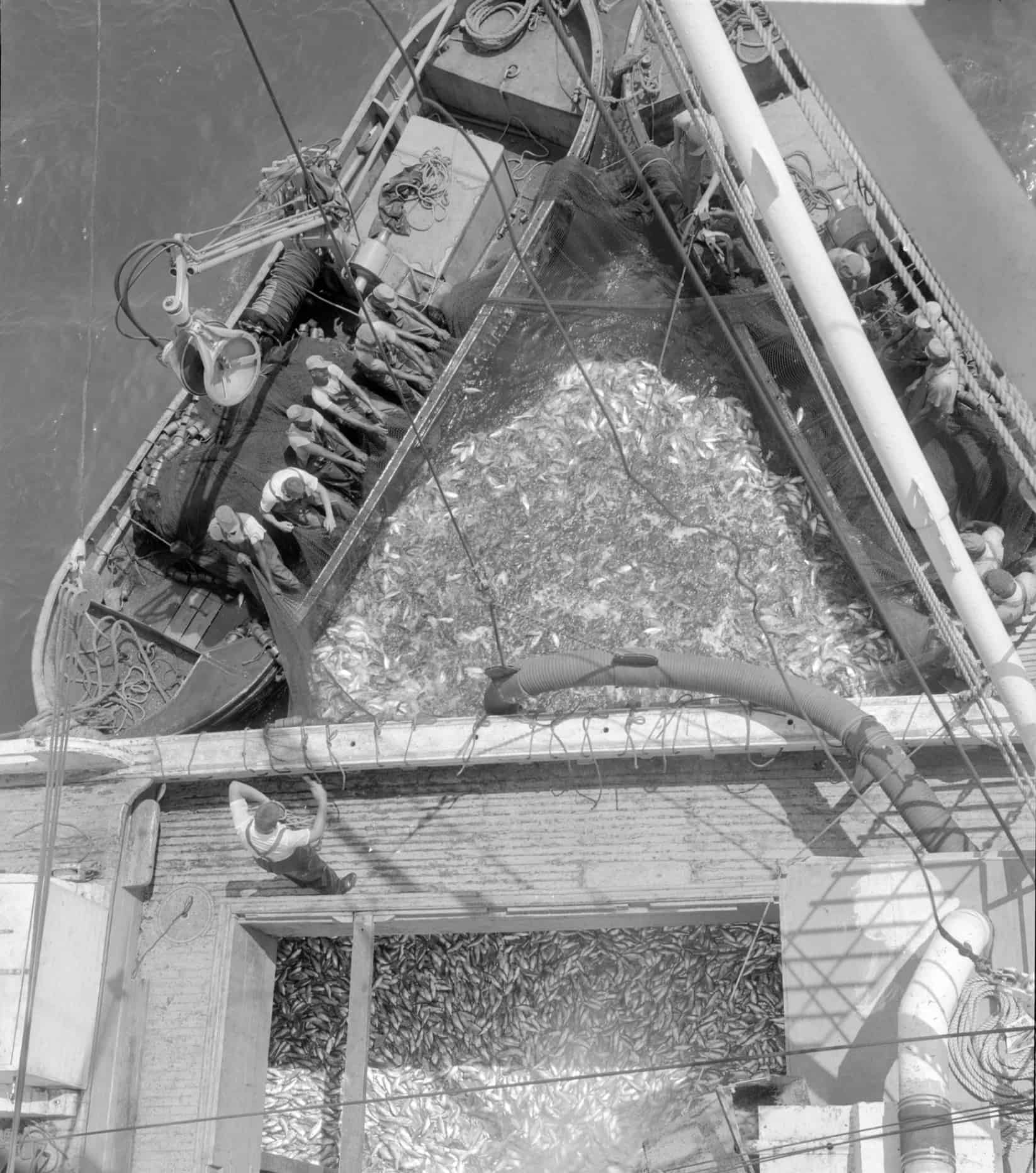
- Purse-seine fishing has the benefit of minimal impact on the seabed
- Use of mesh nets that allow smaller and immature fish to escape
- Rendering of the entire fish leaving no by product
- No allowance for illegal, unregulated, and unreported (IUU) fish in our processing
- According to NMFS Purse-seine fishing has insignicant bycatch
Sustainability
Regular stock assessments help everyone understand the status of both populations of fish so that appropriate fishing activities and regulations can be implemented. This constant oversight of our fishing practices and the status of the stock provides assurance that menhaden will be available for generations to come. Eco-labels and sustainability certifications serve to reassure our customers that Omega Protein’s products are derived from a sustainable source and that the fishery operates in a responsible manner

At Omega Protein, sustainability is our promise.
Commitment to Sourcing and Traceability
We believe healthy, sustainable ingredients are essential to good health and nutrition, and sourcing quality ingredients is just the responsible thing to do. Throughout our production processes, we monitor and control every step to ensure product integrity, consistent quality, and complete traceability.
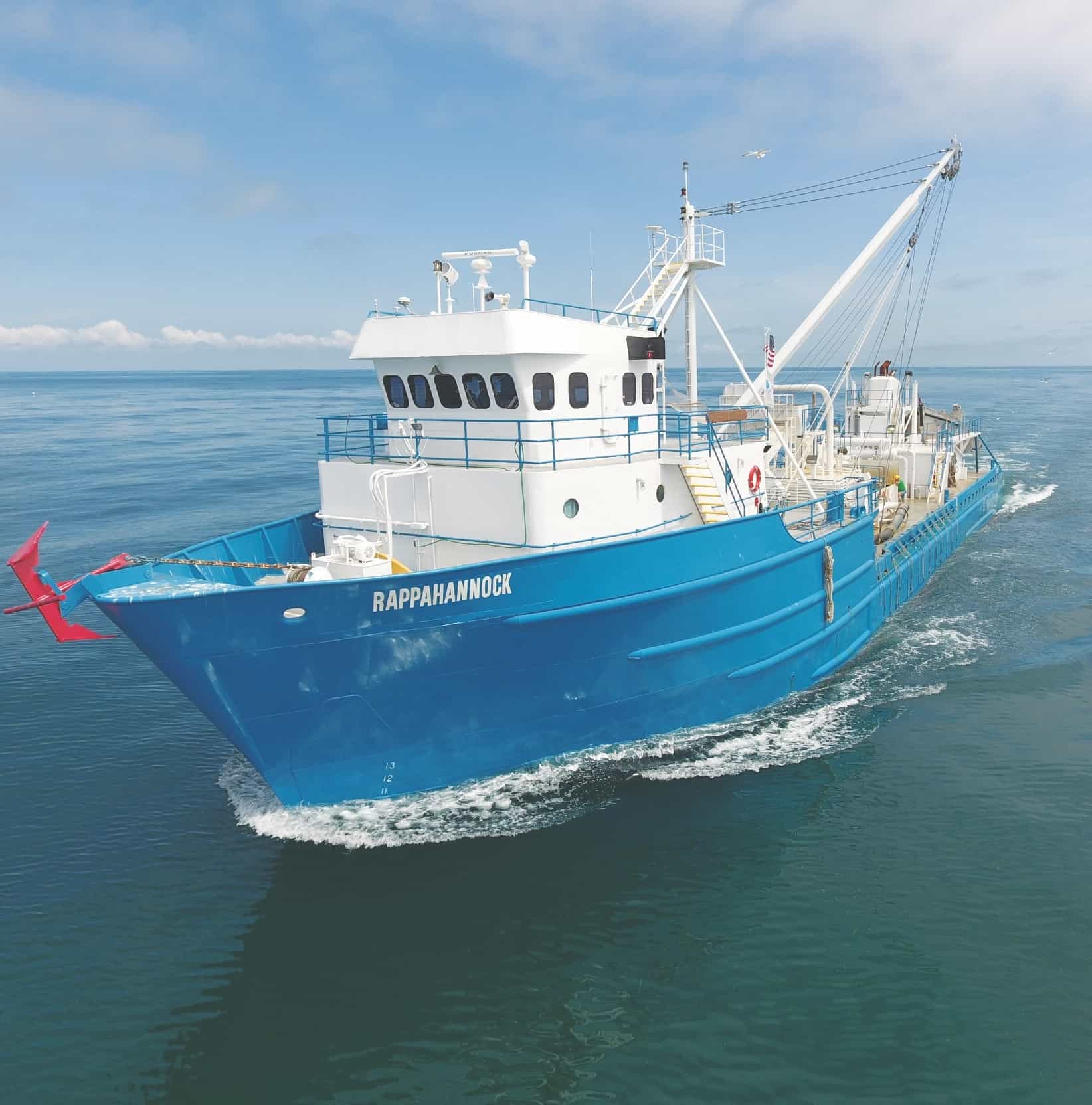
ENVIRONMENT AND SUSTAINABILITY
Marine Stewardship Council Certification
The Marine Stewardship Council (MSC) is a global non-profit organization, established to protect wildly caught seafood. The Marine Stewardship Council works with fisheries to change the way that the oceans are fished, and make it simple for consumers to purchase sustainable, traceable seafood. Omega Protein voluntarily complies with the Marine Stewardship Council certification and ecolabeling program, to aid in safeguarding the menhaden resource.
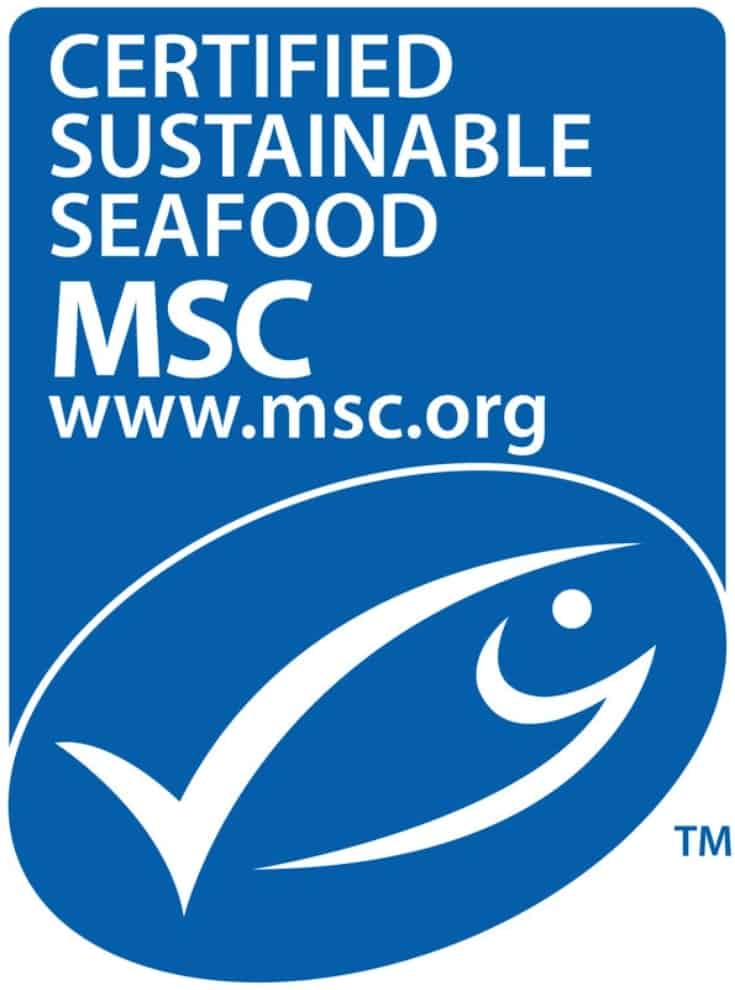

OUR ENVIRONMENTAL AND
SUSTAINABILITY INITIATIVES
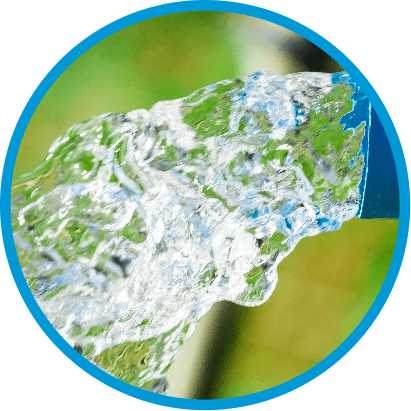
NATURAL RESOURCES
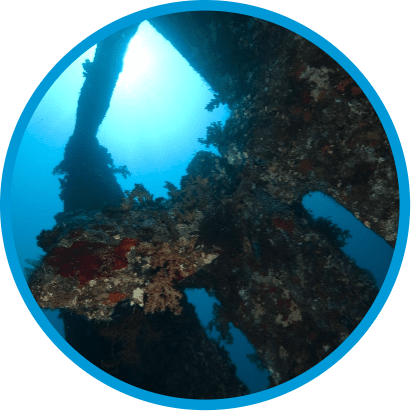
ENVIRONMENTAL MANAGEMENT
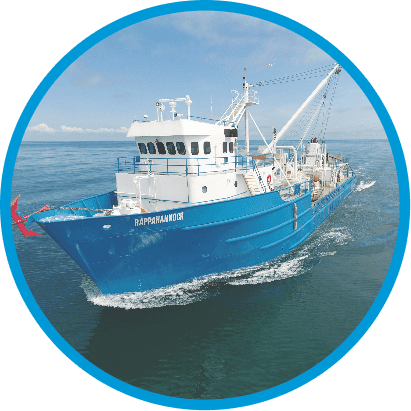
ENERGY USE AND EMISSIONS
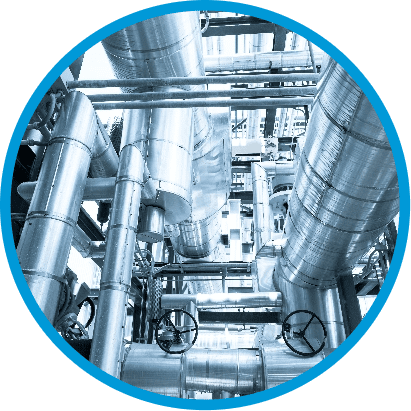
WASTE

CERTIFICATIONS

NATURAL RESOURCES
Omega Protein has developed processes to conserve approximately 18 million gallons of water annually by reclaiming water generated through the processing of fish, rather than removing that water from the ground. The water is treated and then used in the plant to wash down equipment and used to seal the vacuum pump in our evaporator.
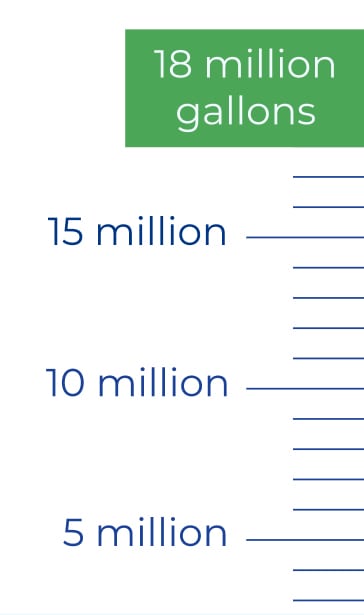

ENVIRONMENTAL MANAGEMENT
The Omega Protein Environmental Health & Safety (EHS) Management System details the processes and standards used by Omega Protein, Inc. to ensure its business operations are conducted in a manner that does not harm people or the environment, while maintaining compliance with applicable laws and regulations. Through this system and a commitment to maintaining a safe workplace, Omega Protein works to continuously improve EHS performance, its operating systems, and overall safety conditions, while also reducing waste and costs without compromising performance or service. This EHS Management System is based on ISO 45001, Occupational Health and Safety Management Systems (OHSMS), and ISO 14001, Environmental Management Systems (EMS), and the Plan-Do-Check-Improve (PDCI) structures.
EHS POLICY



ENERGY USE AND EMISSIONS
All Omega Protein facilities are permitted as Synthetic Minor for Hazardous Air Pollutant (HAP) sources. Omega Protein has voluntarily taken enforceable limits to restrict the potential to emit regulated air pollutants. All facilities use clean burning fuels such as natural gas or propane, utilize waste heat recovery to increase energy efficiency, operate dust collectors to minimize the release of particulate matter, and employ best management practices for start-up and shut down to reduce idling of motors and engines.



WASTE REDUCTION
Omega Protein continually assesses its operations to ensure proper management and disposal of hazardous, regulated nonhazardous and universal wastes. Annual waste audits are conducted to assess waste streams to determine compliance with applicable waste rules and regulations and Omega Protein policies and procedures. The data collected from these audits is used to make any necessary adjustments to improve and maximize waste management and disposal. Omega Protein is committed to reducing its carbon footprint through recycling and landfill avoidance. In 2021, 30 tons per week of solid waste were diverted from landfill disposal to an industrial composting facility, resulting in 100% beneficial use.

CERTIFICATIONS
Omega Protein prides itself in producing premium sustainable nutritional ingredients.
